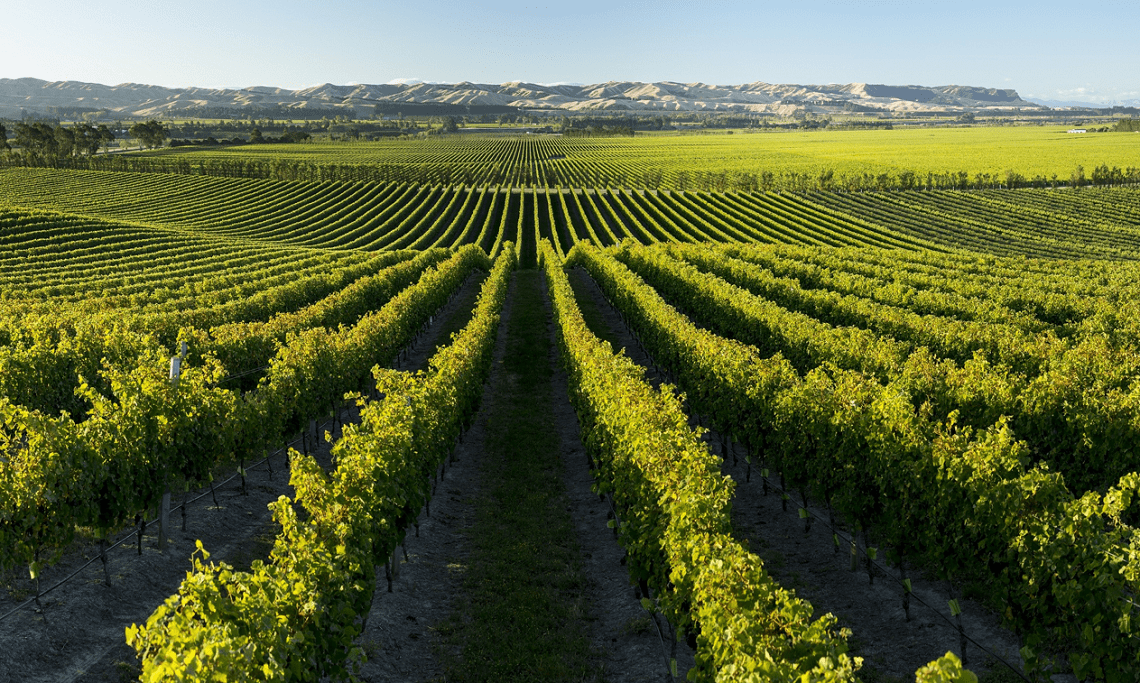By Deb Jackson
Bryan Fry, CEO of Pernod Ricard Winemakers, has highlighted how the future of winemaking will rely on the industry working together to create more sustainable practices.
“As winemakers, our business is intrinsically linked to nature. Our craft and communities rely on the health of our vines and the nature around us. We can see the effects of changing climates on our vineyards, and the surrounding natural environment. Heat waves, floods, ravaging wildfires, and devastating droughts are not just news headlines – they are our reality,” says Fry.
“We have a responsibility to explore ways for winemaking and nature to support each other, not exhaust each other. This responsibility drives our commitment to continue investing in regenerative agriculture and soil quality, restoring habitats, incorporating beneficial plants to attract and support insects, bees, butterflies, and other animals that enable the land to live the way nature intended.”
Sustainability isn’t a new concept for Pernod Ricard Winemakers, but the company has formalised its commitments in its 2030 Sustainability Roadmap, covering sustainable production, packaging, and people, with targets including:
- 100 per cent of packaging reusable, recyclable or compostable by 2025
- 100 per cent of grape growing partners certified to sustainability standards by 2030
- Contributing to carbon neutrality in direct emissions by 2030
“Sustainable vineyard management is always a priority,” says Fry.
“Ahead of time, we have reached our target for our own vineyards in Australia to be 100 per cent Sustainable Winegrowing Australia certified. Having been through the experience, we are working closely with growers to do the same.
“We also have targets related to encouraging biodiversity, and we currently have biodiversity programs in place at our Australian vineyards. Last year also saw the team complete regenerative agriculture training to understand best practice in creating healthy soils that hold more carbon and water.”
With packaging, in 2021 Pernod Ricard Winemakers was able to eliminate single use plastic at the point-of-sale and will continue to work on the small changes it can make for a big impact. Reducing carbon emissions associated with the production and transportation of glass bottles remains a priority.
“We continue to work with our suppliers to light weight our bottles and increase the level of post-consumer recycled content. We use light weight bottles across our Jacob’s Creek range and the average recycled glass in Australia for FY21, was 44 per cent. Our target is to exceed 50 per cent recycled content by 2025,” says Fry.
“We know many of our sustainability aspirations, particularly around carbon neutrality, cannot be achieved alone. We will continue to share knowledge and work closely with our partners, including growers, NGOs and academics to continually reduce our carbon footprint, improve the quality of our care for the land and find new ways to sustain winemaking communities for generations.”
Read more from Fry and Pernod Ricard Winemakers in the 2022 National Liquor News Industry Leaders Forum, out next month. In the meantime, catch up with the latest issues here.

